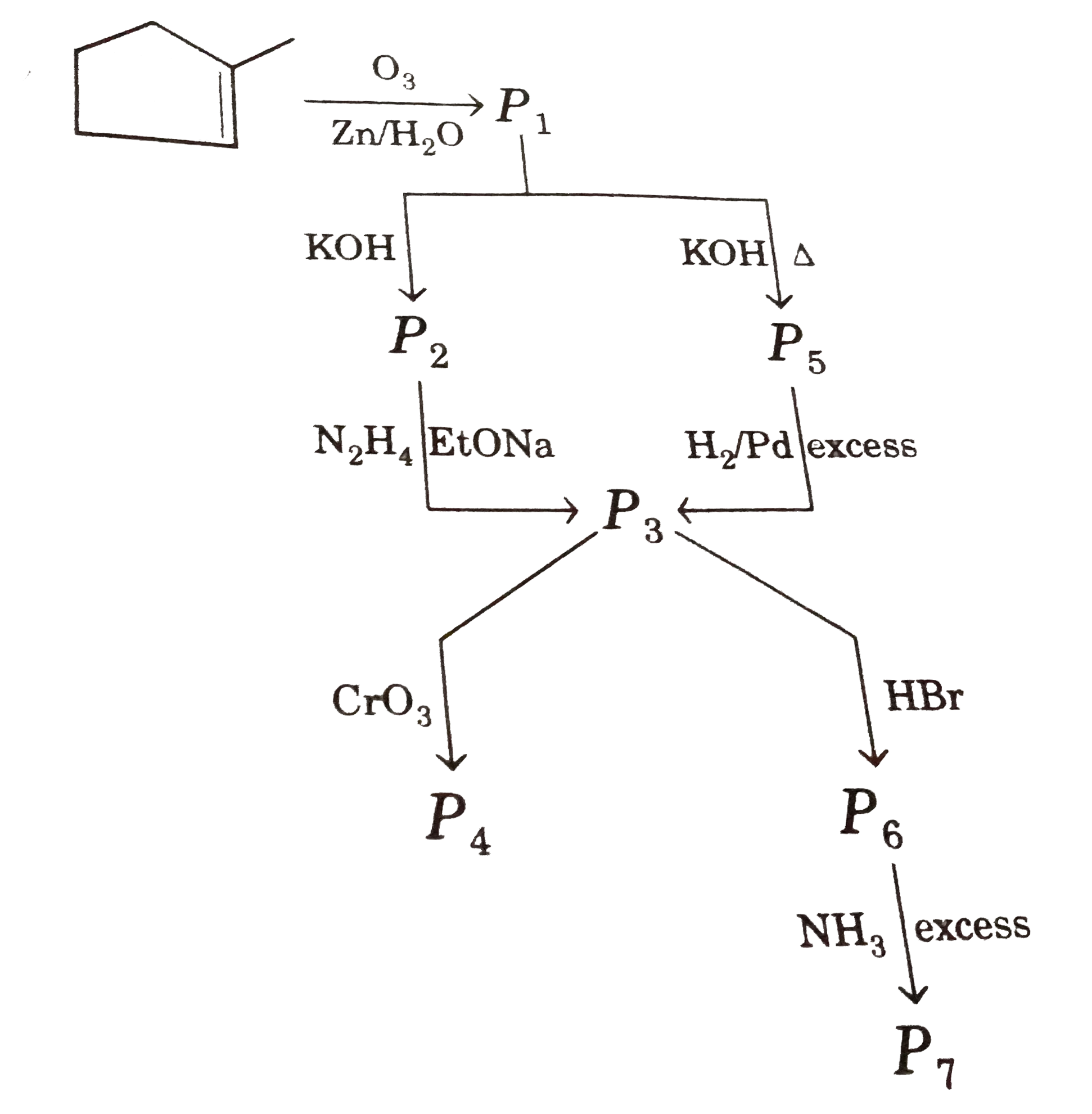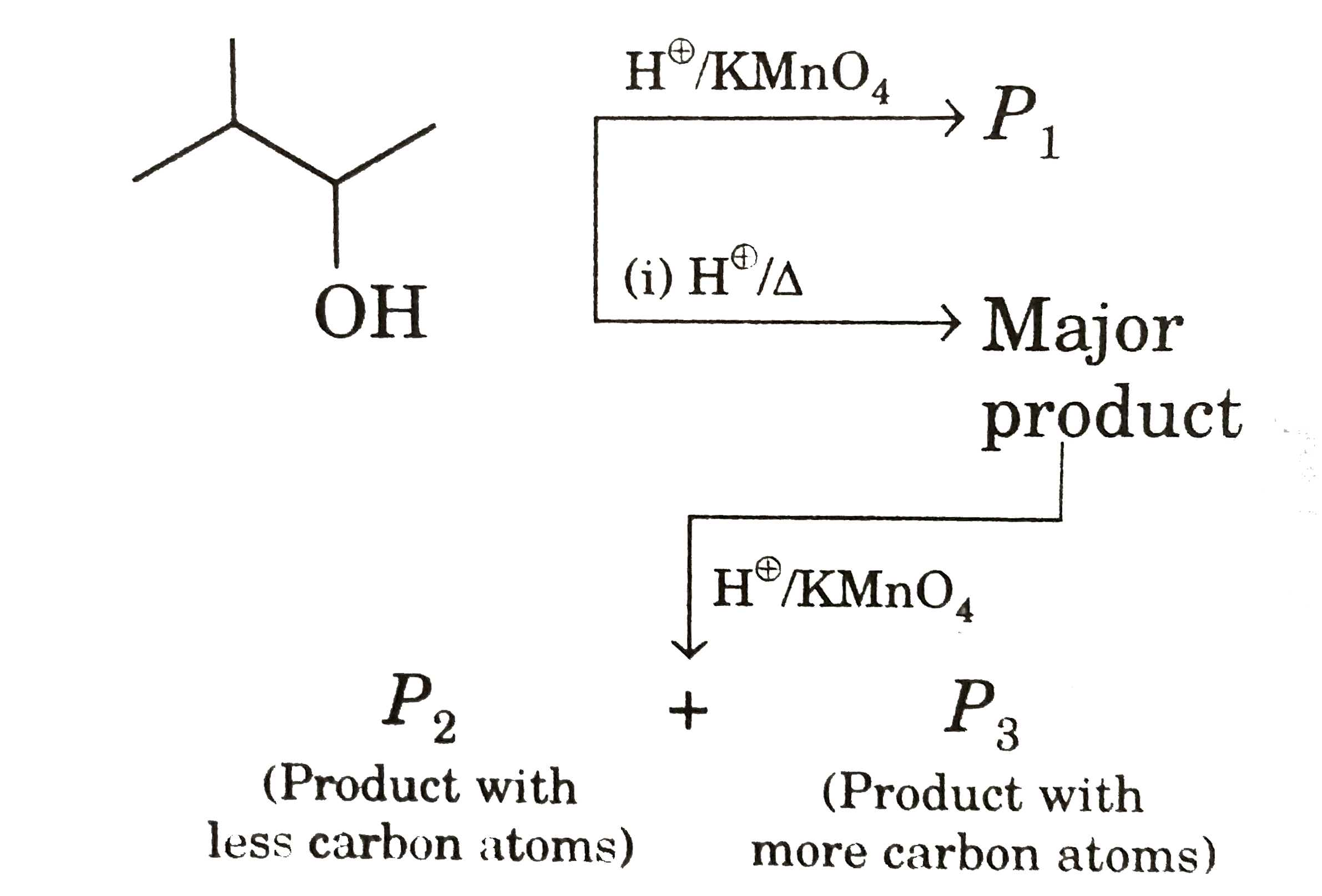Which of the following statements are correct about SF4?
It is prepared by reacting sulphur directly with flurine
sulphur tetrafluoride hydrolysed by water to give SO2 and HF
SF4 has a square planar shape with S having two lone pair of electrons
S-atom has a expanded octet
The correct Answer is:A, D
Step by step video, text & image solution for Which of the following statements are correct about SF_(4)? by Chemistry experts to help you in doubts & scoring excellent marks in Class 12 exams.
Updated on:21/07/2023Topper's Solved these Questions
- p-BLOCK ELEMENTSBOOK - VK JAISWALCHAPTER - p-BLOCK ELEMENTSEXERCISE - MATCH THE COLUMN
24 Videos
- p-BLOCK ELEMENTSBOOK - VK JAISWALCHAPTER - p-BLOCK ELEMENTSEXERCISE - ASSERTION REASON TYPE QUESTIONS
27 Videos
- p-BLOCK ELEMENTSBOOK - VK JAISWALCHAPTER - p-BLOCK ELEMENTSEXERCISE - LEVEL 3 (PASSAGE TYPE)
20 Videos
- METALLURGYBOOK - VK JAISWALCHAPTER - METALLURGYEXERCISE - ASSERTION-REASON TYPE QUESTIONS
30 Videos
- PERIODIC PROPERTIESBOOK - VK JAISWALCHAPTER - PERIODIC PROPERTIESEXERCISE - ASSERTION-REASON TYPE QUESTIONS
35 Videos
Similar Questions
Knowledge Check
Which of the following statement(s) is/are correct about SF4 molecule?
Ait has a square planar shape with S-atom having two lone pairsBIt is hydrolysed by water to give H2SO3 and HF as final productsCDuring hydrolysis, S-atom in transition state is sp3d2 hybridisedDAll S-F bond lengths are equalWhich of the following statement is/are correct about P4O10 molecule?
AEach 'P' atom can be considered to be sp3 hybridizedBThere are six POP bonds in the moleculeCThere are two types of P-O bond lengthsDPOP angle is 180∘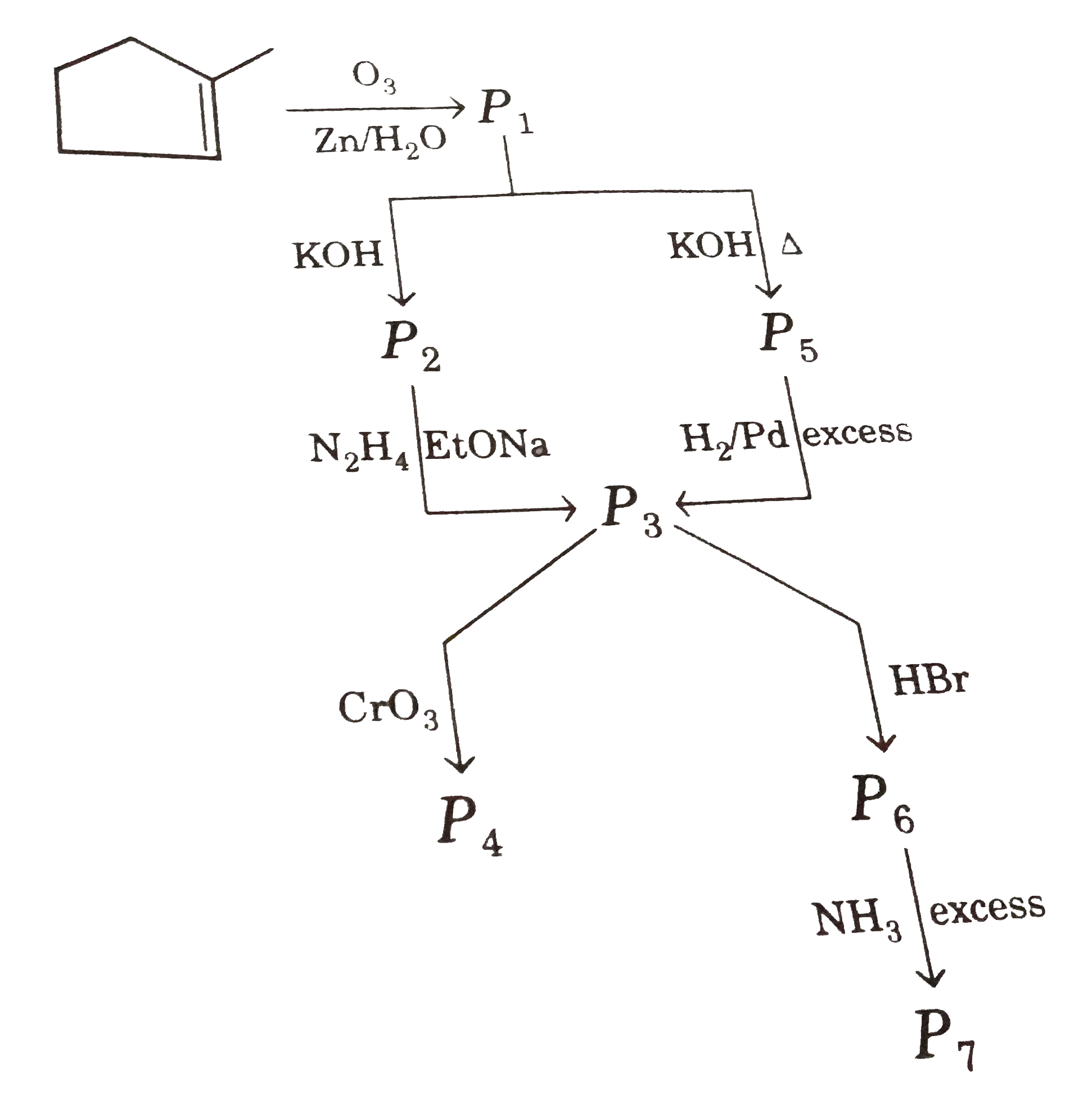
Which of the following statement is correct about P4 ?AIt will not give yellow/orange or red colour with 2,4-DNPBIt will give red colour with ceric ammonia nitrate.CIt will not give Fehling test.DIt will give Bielstine test.
Which of the following statement is correct about bile?
View SolutionWhich of the following statements is/are correct about the following is/are correct about the following reactions ?
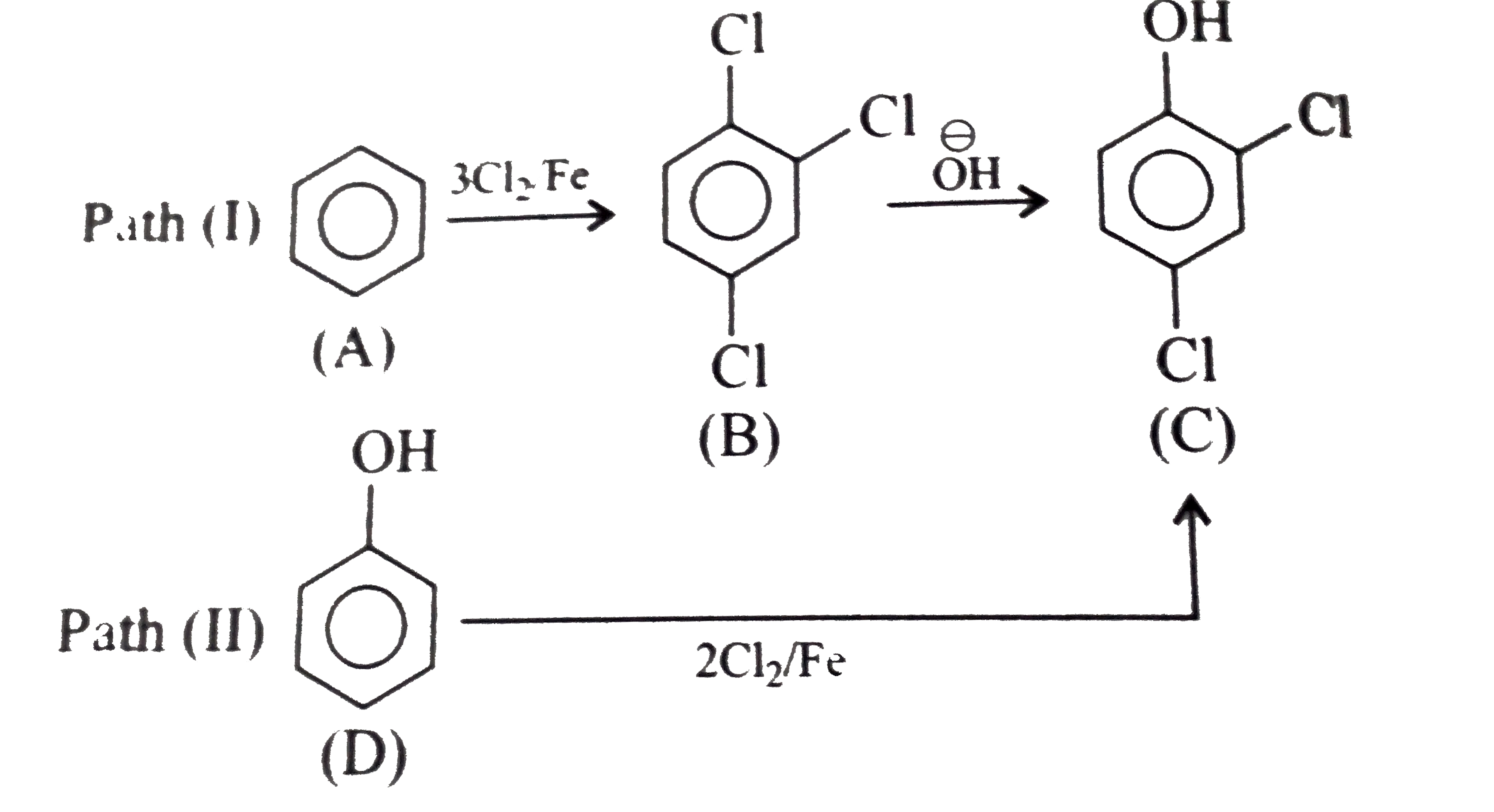
View SolutionWhich of the following statements are correct about the following reaction ?
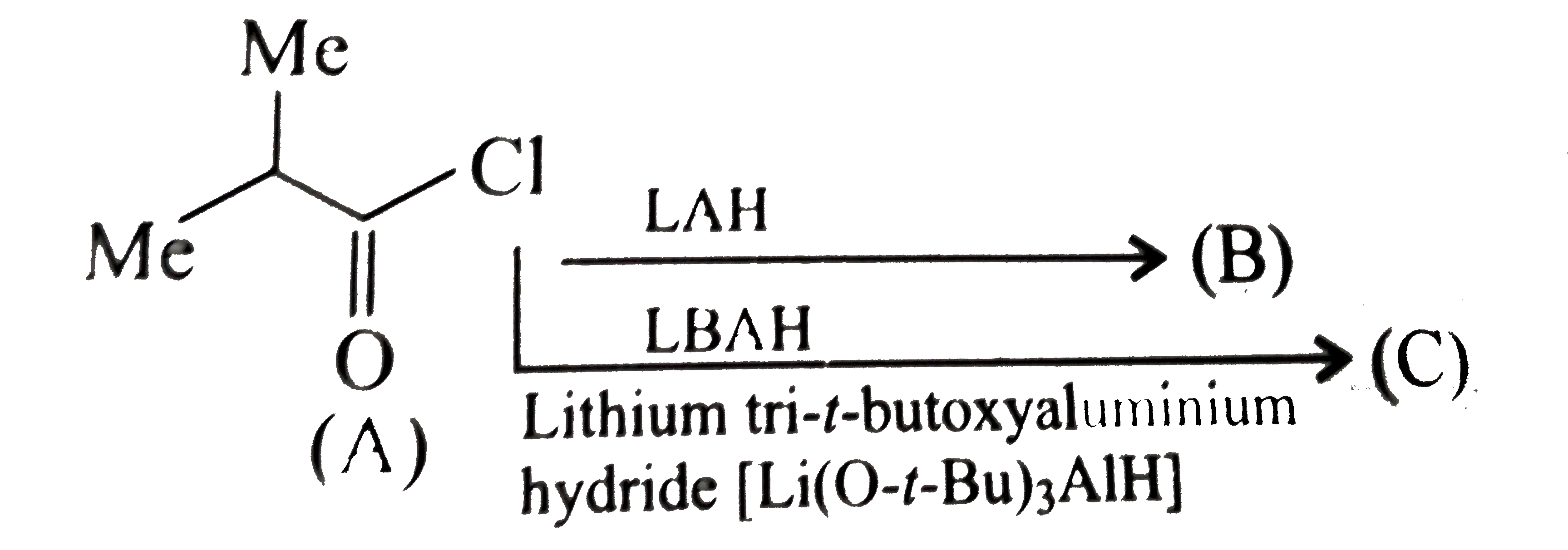
View SolutionWhich of the following statements is/are correct about the following reactions ?
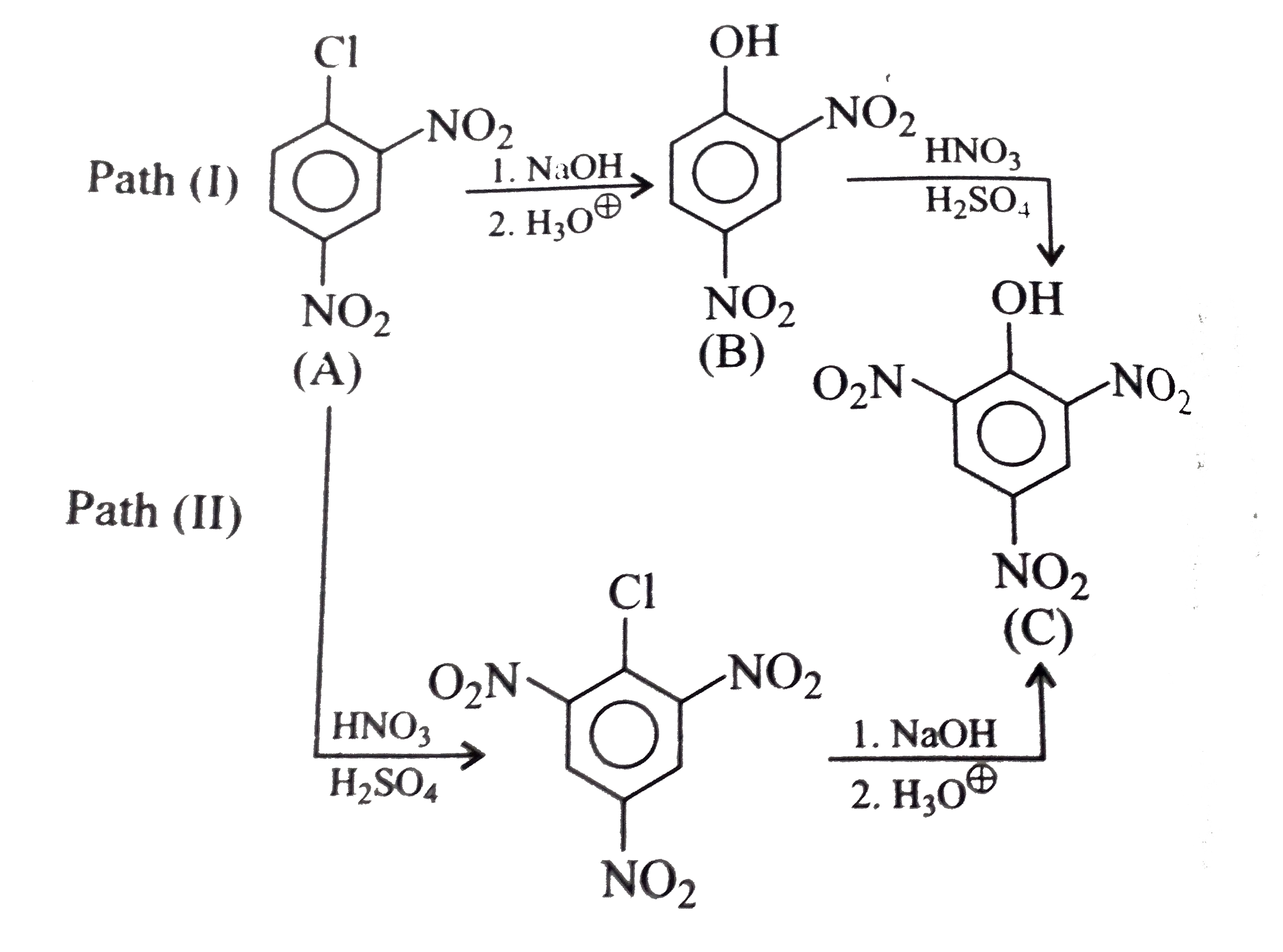
View SolutionWhich of the following statements is/are correct about the following reaction ?

View Solution

